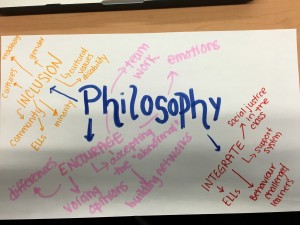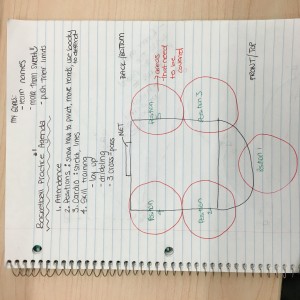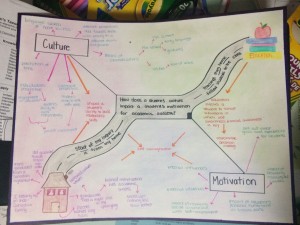Today was our first game. I could sense the excitement during the lunch practice. The girls were ready to take the opponents.
When we got to the game. We had a team meeting. I let the girl know that we are here to have fun. We are here to learn what we are good at and what we need to work. As a team we need to keep a positive outlook. We need to work together to support, challenge and encourage one another.
Wow! Did we have a good game. We lost the game 22 to 18, but that did not seem to phase the girls. They all got a chance to play two rounds.
Our team had a smile on the their faces at the end even though the other team was a bit aggressive. When the girls were sensing the hostility I just advised them we as a team will treat other how we want to be treated. The girls agreed and tried very hard not to let the other team bring down their spirits.
The girls are very excited to see what our practice has in store next week.
I, as a coach, was so impressed with their sportsmanship and team work. At time I thought I was being tough but I could not help myself. I kept asking the girls if they thought I was being too strict. They were actually motivated to do even better.
At the end of the game. I had one of the grandparents come up to me and tell me how I was doing a great job. She was impressed at how the team was responding to my coaching. She said she is going to make sure she comes to all the games.
It was a great start to the season!



